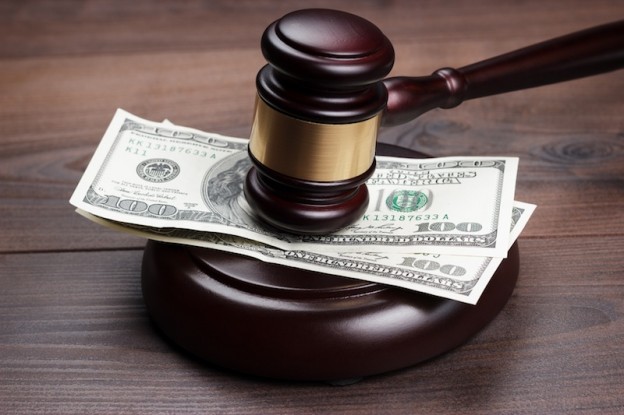Like everyone else, expert witnesses sometimes make mistakes. When those mistakes affect the outcome of litigation, they can be costly. In some cases, experts might need to worry that their failure to render a careful and informed opinion will expose them to a lawsuit for negligence.
Maritime Experts Sued for Negligence
A dispute that illustrates the potential risks experts take when they provide opinions involves a cargo ship that was heavily damaged by fire. The owners contended that the ship was a total loss, meaning that the cost of repairs exceeded the ship’s value. The insurers disagreed. The insurance companies offered the ship’s estimated repair costs — an amount that they contended was less than the ship’s value — to settle the claim.
The owners eventually scrapped the ship and offered to settle for about $1.1 million. When the insurance companies declined that offer, the owners sued. The insurers hired a marine consultancy firm to provide an expert opinion concerning the vessel’s repair costs. The firm based its opinion on information provided by the ship’s builder and by two Chinese shipyards.
The primary dispute involved the amount of steel that would be required to repair the accommodation block (the portion of a cargo ship in which crew cabins are located). The marine consultancy firm estimated that the repairs would require 312 metric tons of steel. The owners’ technical expert estimated that 542 metric tons would be needed. The price differential between the two estimates was substantial. The cost of 542 metric tons of steel would have exceeded the ship’s value prior to the fire, while 312 metric tons would have produced a repair cost that was less than the ship’s value.
The experts eventually met and, as a result of the meeting, the marine consultancy firm revisited its opinion. It decided that it relied on faulty information and that the actual cost of repair would be almost $4 million more than the ship’s insured value. The insurance companies then settled the owners’ claim for $1.3 million, plus legal fees.
The insurers brought a claim for negligence against the consulting firm, arguing that they could have settled for a lesser amount if they had been properly advised. They also would have been responsible for lower legal fees. The insurers’ claim against the consulting firm was settled after mediation.
American Law Concerning Expert Liability
The case involving the cargo ship arose under British law, which in 2011 abandoned the immunity that experts who are hired for litigation previously enjoyed. Would the result be different in the United States? The answer depends upon the law of the state in which the expert has been hired.
The traditional rule in the United States has given witnesses — including experts — immunity for their courtroom testimony, even if the testimony is mistaken. Whether experts who are hired in anticipation of litigation should receive immunity for erroneous opinions that are rendered outside the courtroom is less clear.
What is clear is that the law is changing, at least in some states. In half a dozen jurisdictions — California, Connecticut, Louisiana, Massachusetts, Missouri and Pennsylvania — litigants are permitted to sue the experts that they hire for malpractice or breach of contract. At least two states (New Jersey and Vermont) allow court-appointed experts to be sued for negligence. Other states, including Michigan, continue to give experts immunity from suit for their testimony, but permit the party that hired the expert to sue for damages that result from reliance on the expert’s mistaken opinion.
The standard of absolute immunity for expert testimony is eroding as courts increasingly ask whether the truth-finding function of a trial is assisted by granting immunity to experts who form their opinions carelessly. How many American states will eventually follow the lead of the United Kingdom by abolishing immunity for expert witness testimony is uncertain. It is certain, however, that experts should exercise care and adhere to professional standards when they form their opinions. The failure to do so will hurt their reputations and might subject them to disciplinary sanctions imposed by professional organizations or licensing boards. If they are hired in a state that permits malpractice actions against expert witnesses, rendering careless opinions might also hurt an expert’s pocketbook.













